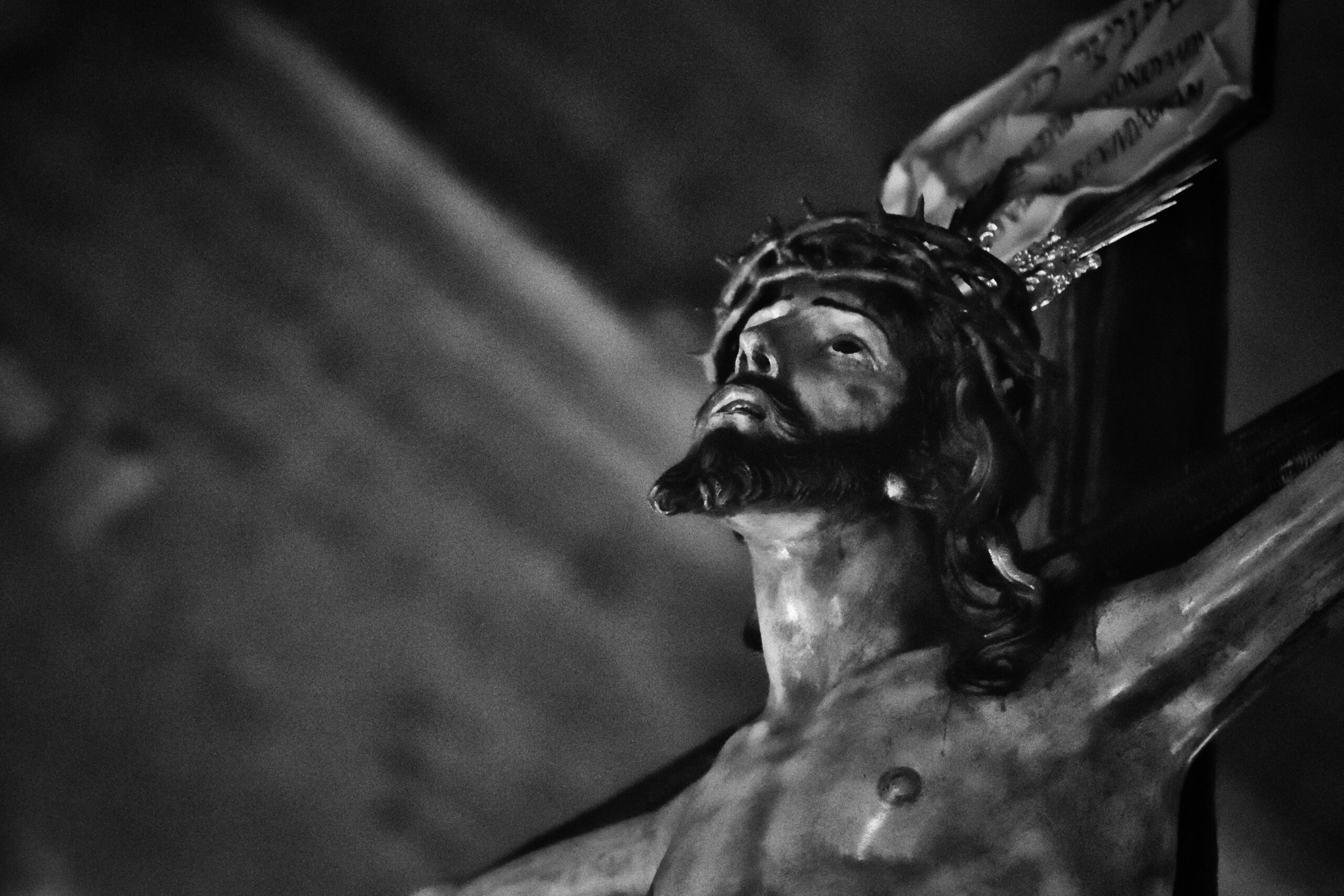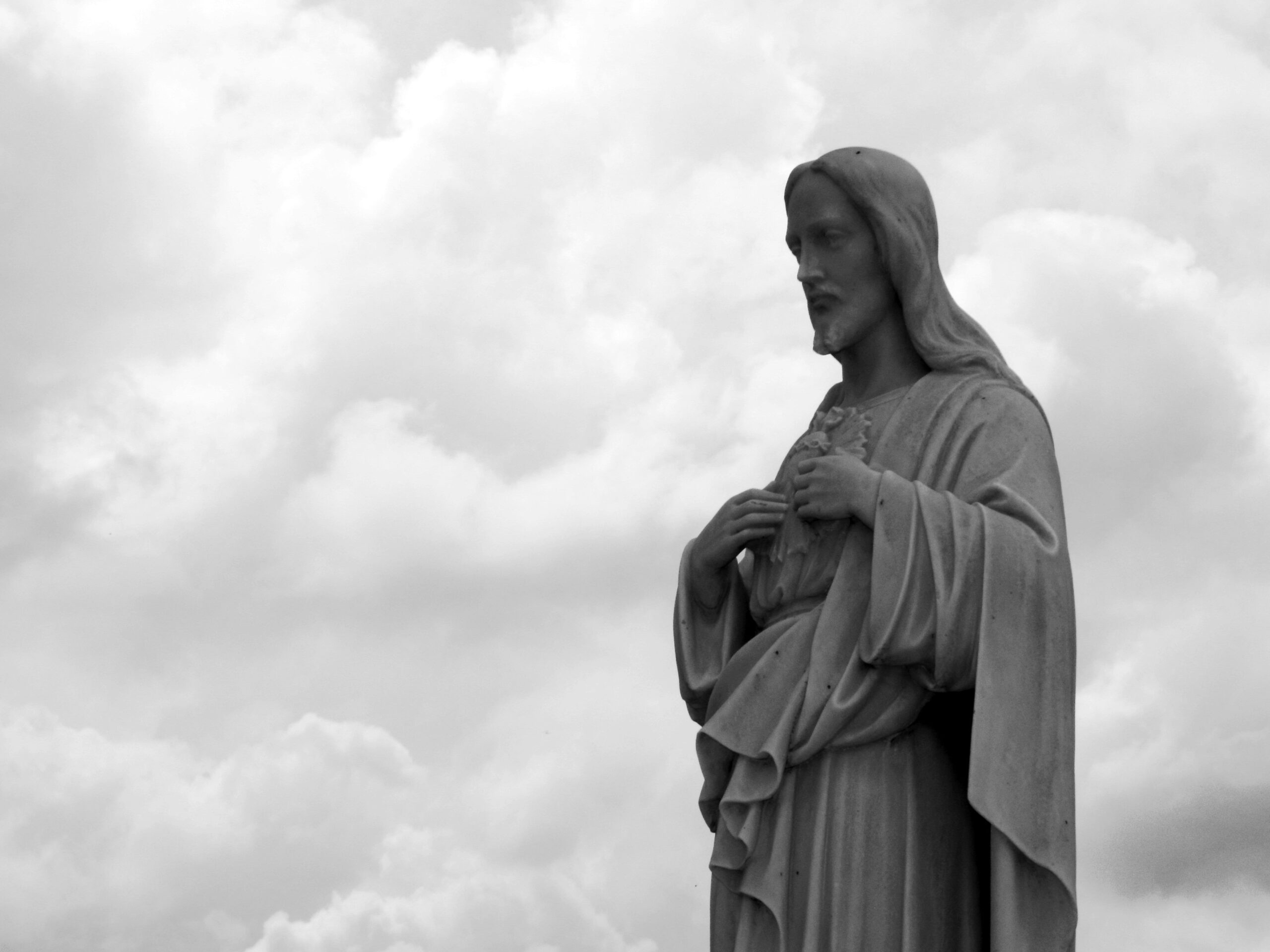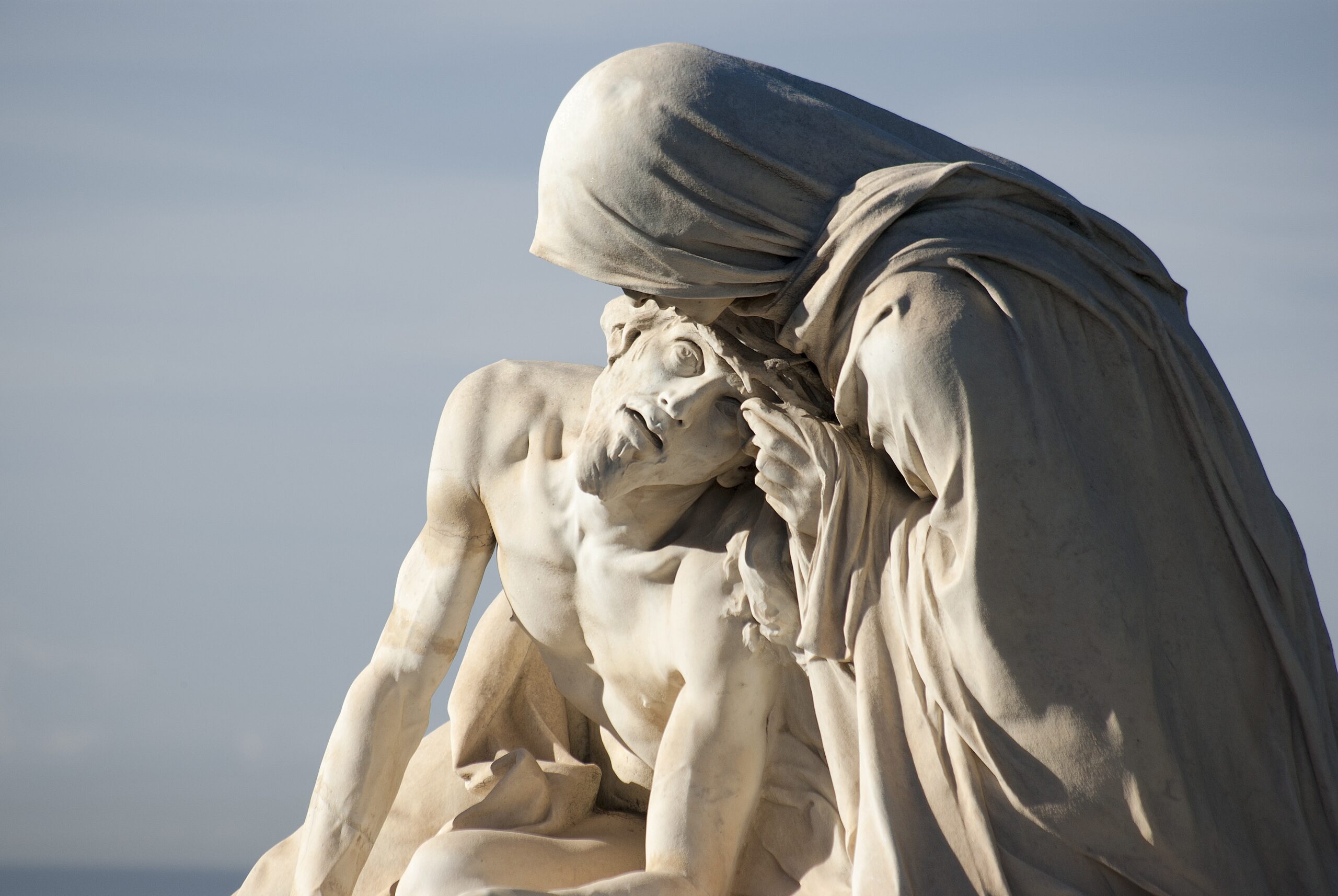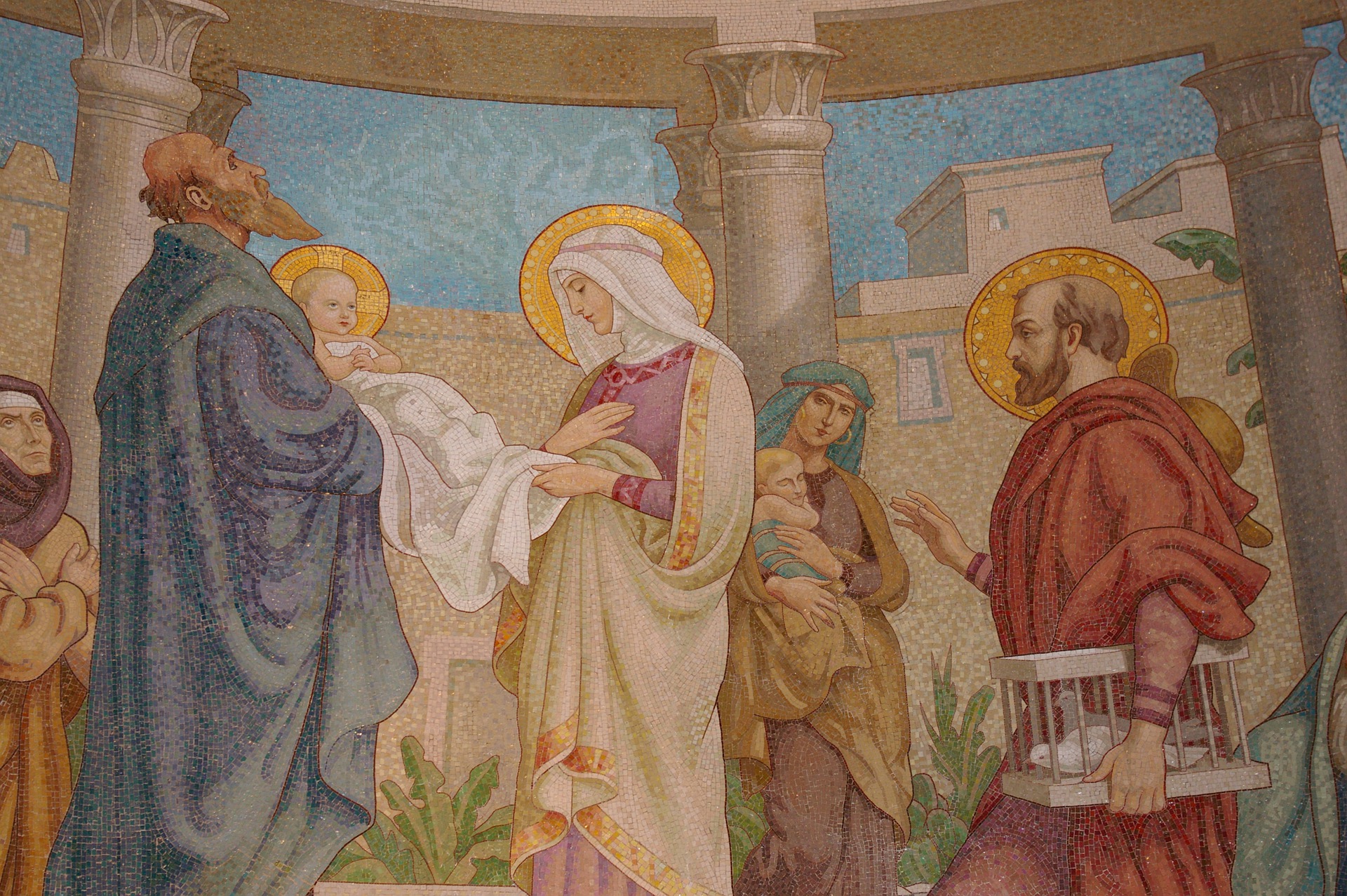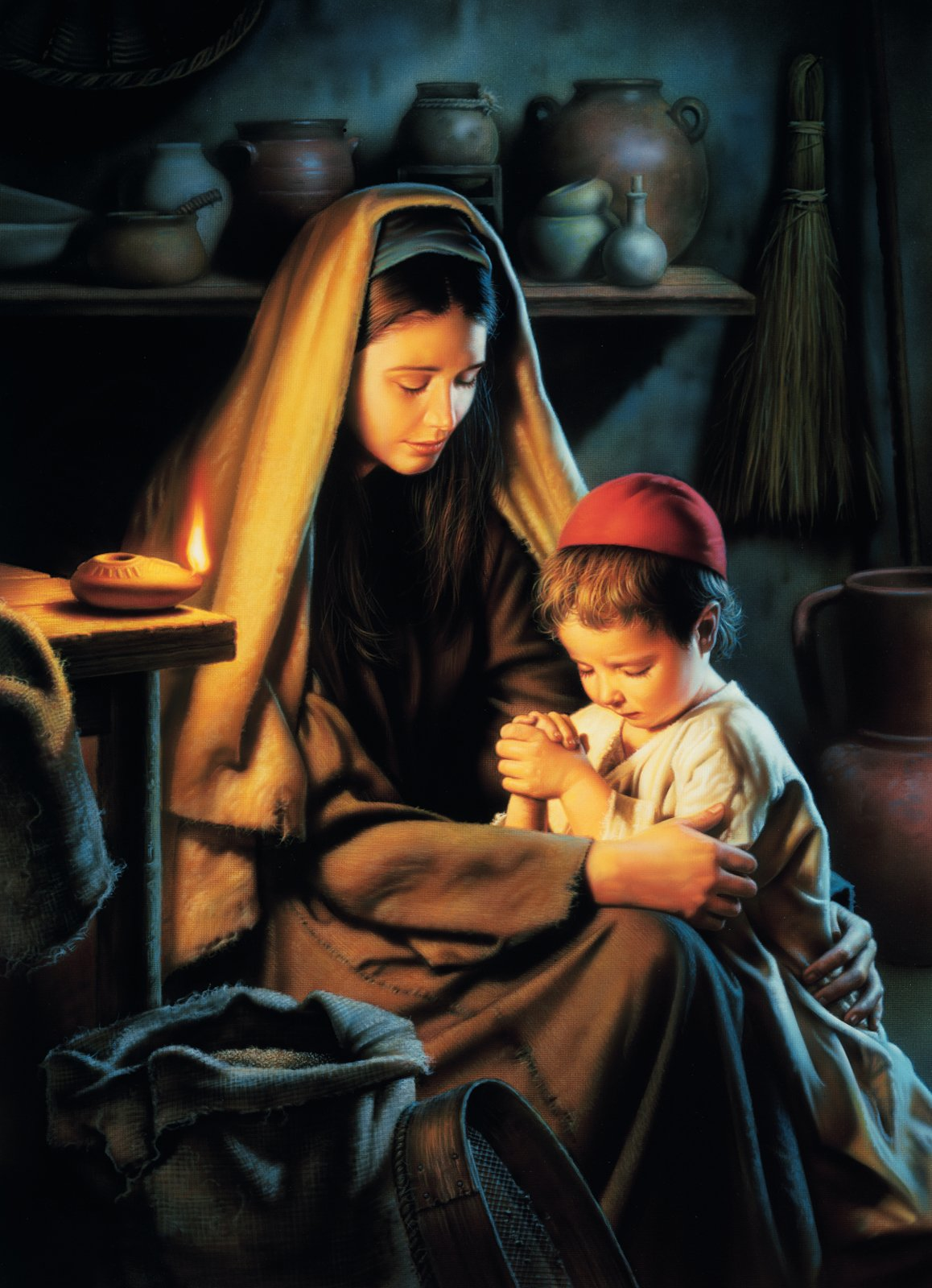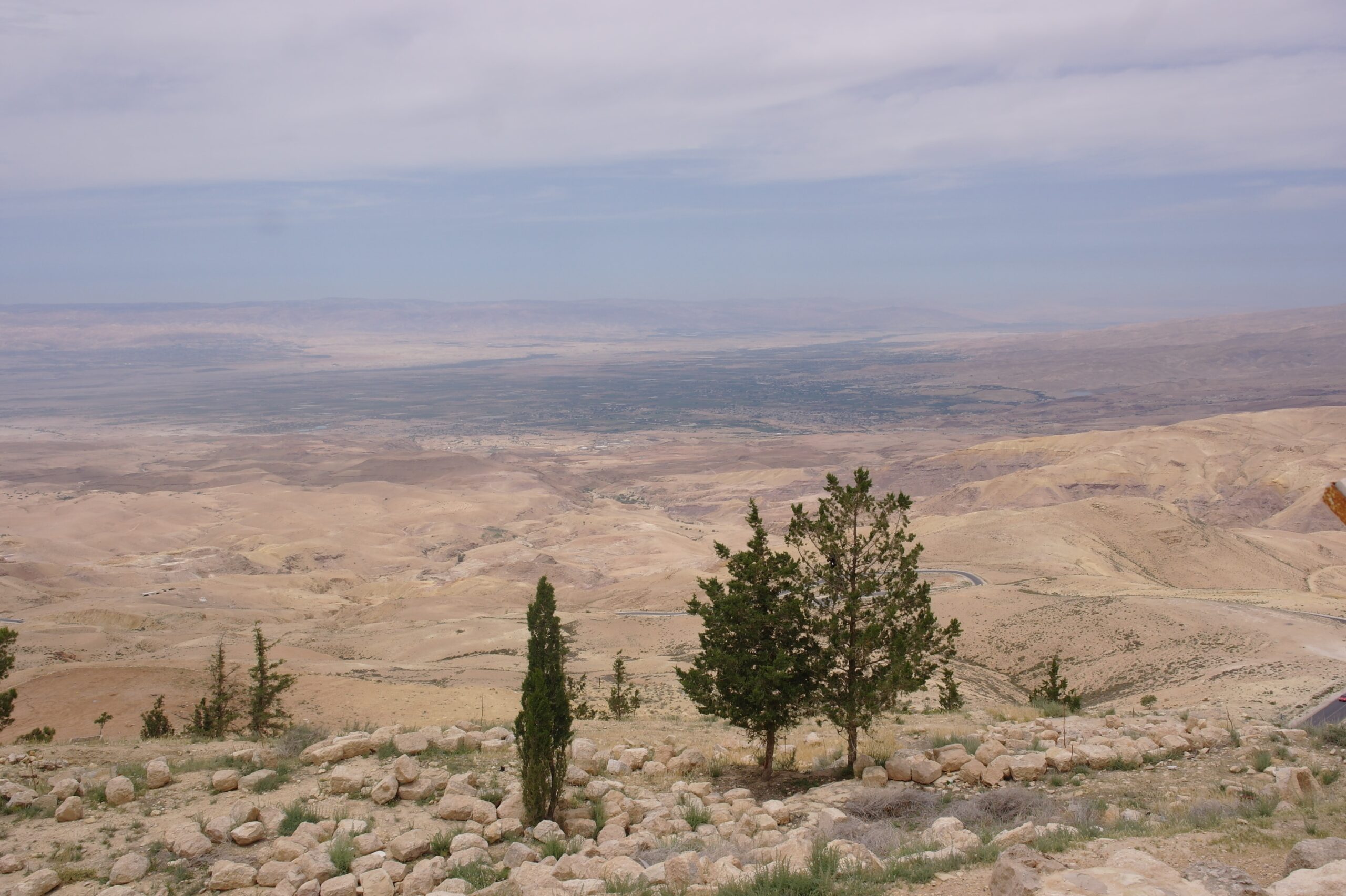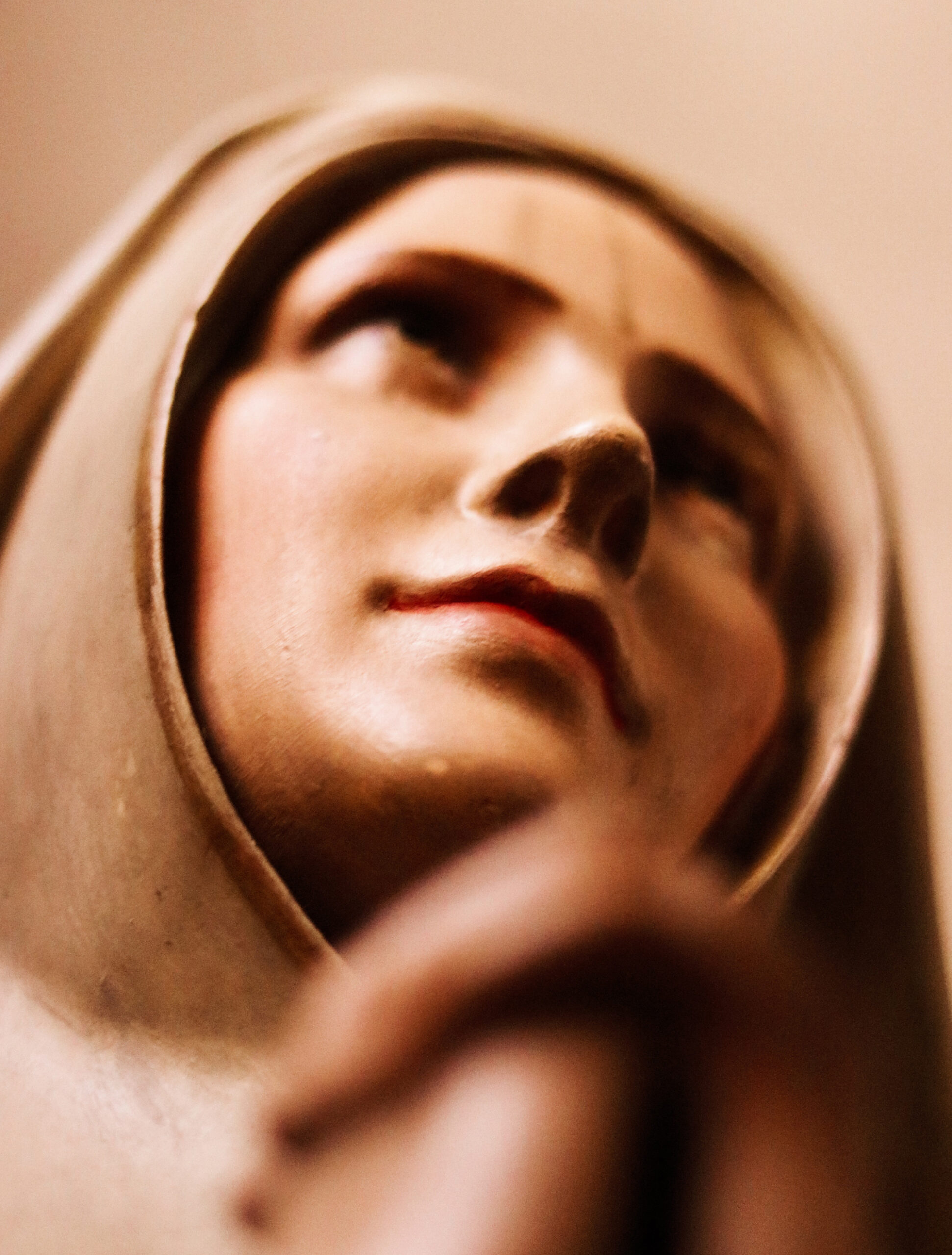Alleluia! It’s still Easter!
Every year, I marvel at the reality that we prepare for Easter with 40 days of penitence, and then celebrate the magnificence of Christ’s Resurrection for 50 days! And every day of the Octave of Easter (from Easter through Divine Mercy Sunday) is like Easter Sunday, liturgically speaking. It is one long day of rejoicing, encompassing the “first day of the week” (the day of Christ’s resurrection from the dead) and the “eighth day” of the week (the following Sunday). This “eighth day” after the Sabbath is the new “first day”, the symbol of the new creation the Resurrection has set in motion.
The eighth day as a day signaling sanctity and freedom can be seen repeatedly in the Old Testament, particularly the Book of Leviticus. On this day, children were circumcised, becoming purified and receiving the seal of the covenant (Lev 12:2-3). Even animals were ceremonially unclean before their eighth day, and could not be sacrificed before then (Lev 22:27)! All people who were unclean for any reason remained so until the eighth day, when they were accounted clean (Lev 14:8-10; 15:13-14). Even the vessels for ministry and the priests went through seven days of purification, and were “clean” on the eighth day.
Today’s Gospel tells us that Jesus rose on “the first day of the week,” which is the same as the “eighth day.” The Jewish people hold Saturday, the seventh day, as a day of rest and worship, as God rested on the seventh day of creation. But Christians acknowledge that Jesus’ sacrifice on Calvary fulfilled every Levitical oblation and sacrifice, and the resurrection on the “eighth day” points to the NEW creation and the final fulfillment of all creation. In the early Church, the baptismal font was often octagonal, to symbolize the truth that it is through this font that the baptized become a new creation in Christ!
Tomorrow is Divine Mercy Sunday, when we see Jesus putting Thomas’ doubts to rest on the eighth day by revealing his glorious wounds, through which he poured out mercy on the world. It is through these wounds that Jesus gave us the incredible gift of forgiveness and proved that Love overcomes every sin and shortcoming. On this “eighth day” of Easter, we glimpse the whole point of creation and hear anew the call to fulfillment of all creation: the final victory over every uncleanness and sinfulness, and our final, glorious rest at the Marriage Feast of the Lamb, celebrating the definitive conquering of death on the mystical eighth day of creation in eternity.
 Kathryn Mulderink, MA, is married to Robert, Station Manager for Holy Family Radio. Together they have seven children (including newly ordained Father Rob and seminarian Luke ;-), and two grandchildren. She is a Secular Discalced Carmelite and has published five books and many articles. Over the last 25 years, she has worked as a teacher, headmistress, catechist, Pastoral Associate, and DRE. Currently, she serves the Church as a writer and voice talent for Catholic Radio, by publishing and speaking, and by collaborating with the diocesan Office of Catechesis, various parishes, and other ministries to lead others to encounter Christ and engage their faith. Her website is https://www.kathryntherese.com/.
Kathryn Mulderink, MA, is married to Robert, Station Manager for Holy Family Radio. Together they have seven children (including newly ordained Father Rob and seminarian Luke ;-), and two grandchildren. She is a Secular Discalced Carmelite and has published five books and many articles. Over the last 25 years, she has worked as a teacher, headmistress, catechist, Pastoral Associate, and DRE. Currently, she serves the Church as a writer and voice talent for Catholic Radio, by publishing and speaking, and by collaborating with the diocesan Office of Catechesis, various parishes, and other ministries to lead others to encounter Christ and engage their faith. Her website is https://www.kathryntherese.com/.
Feature Image Credit: geralt, https://pixabay.com/photos/clouds-landscape-beyond-sky-rays-2709662/

